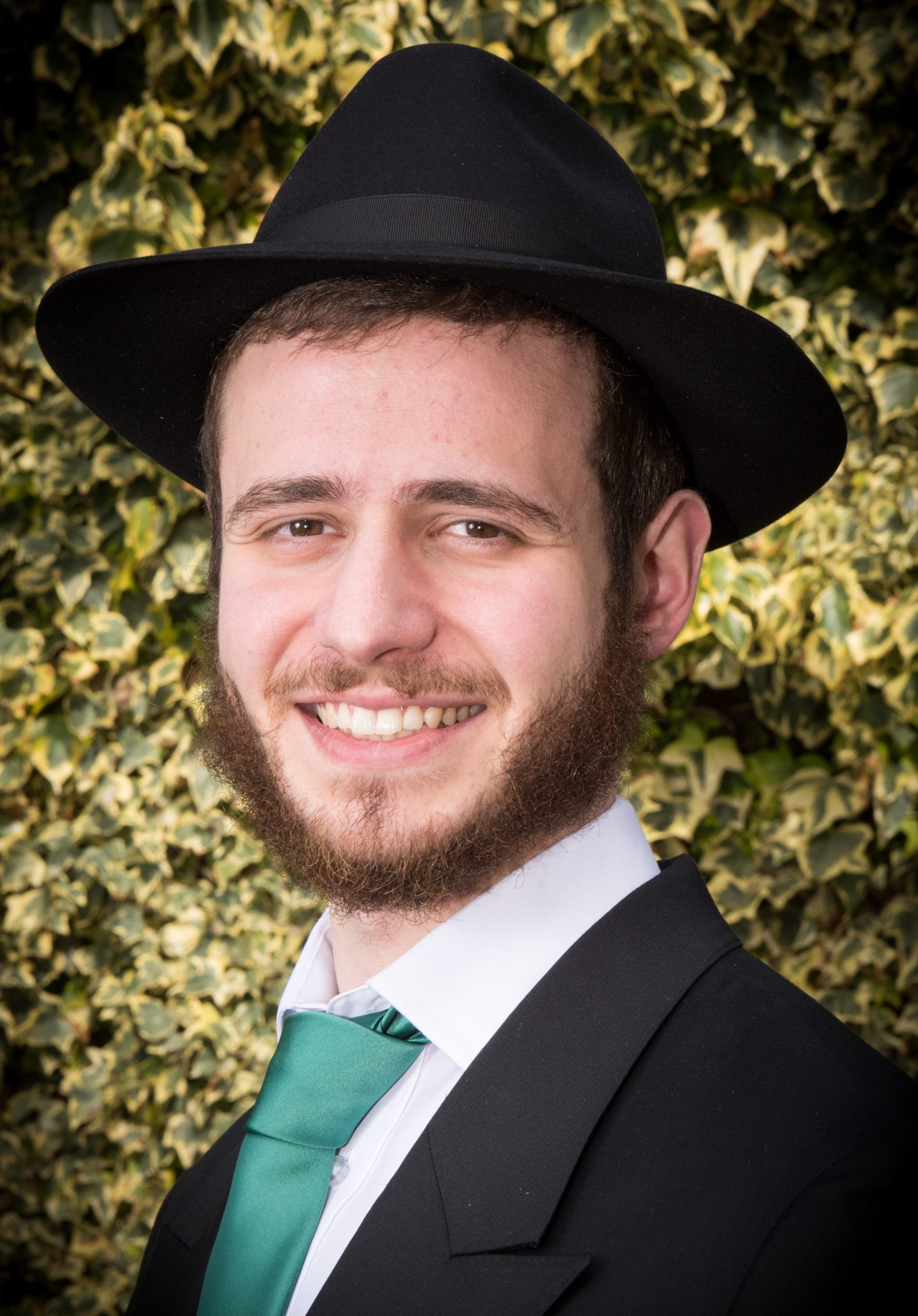
Many people approach Rosh Hashanah with the mind-set of judgement and fear, after all, this is Yom Hadin[1]. However, what we must remember is that there are two sides to the coin and Rosh Hashanah has a joyful element to it as well.
Rosh Hashanah is not only “judgement day”, but Hashem’s – The King of all kings, coronation as well. Each year, since the beginning of time, we crown Hashem anew on Rosh Hashanah. We see this from the wording of our prayers. During the “Aseres Yemei Teshuva” for example, we say “HaMelech Hakodosh” and “HaMelech HaMisphat”. When the Shliach Tzibbur ascends to the Bimah after Pesukay DeZimra, he says in a melodious and loud voice, “HaMelech”. Finally, the Mussaf service is divided into three blessings: Shofros, Zichronos and Malchiyois.
The Shofar itself contains both of these aspects within it. On the one hand it is blown in order to arouse within us a feeling and sense of teshuva.[2] On the other hand, it is also used as a “trumpet” signifying our crowning of Hashem as king.[3]
Finally, Rosh Hashanah is the day Hashem created man[4] and as the adage goes, “There is no king without a nation”[5]– this being the first day of Hashem’s kingship. Granted, Hashem had other creations before Man, but none of which had free will – the choice to appoint and accept Hashem as a king. (After all, one of the main functions of a king is to create edicts, all of which would only apply to beings of free will.)[6]
So what does it mean to crown Hashem as king? In simple terms, it means to subjugate yourself as His loyal servant and accept the “Oil Malchus Shemayim” – “The yoke of Heaven”. On a deeper plane, it means to give yourself totally over to Hashem, to nullify yourself to His will – that in everything you do, you are serving Hashem, you eat as Hashem’s servant and you sleep as Hashem’s servant. Every act is permeated with a sense of ‘there is nothing but Hashem and my whole being is here to serve Him’.[7]
So on this day of Rosh Hashanah, let us renew our service to Hashem and let us rejoice that He is our King and we, His people.
[1] Four names are given to this day: Rosh Hashanah, Yom Hadin, Yom Hazikoron and Yom Teru’ah
[2] Rambam, Hilchos Teshuvah 3:4
[3] Sefer Abudraham, Seder Tefilas Rosh Hashanah Ve’Peirusheha lists 10 reasons in the name of Rav Saadiah Gaon of why we blow the shofar. See also Ritva on Tractate Rosh Hashanah 16A
[4] Vayikra Rabbah 29:1
[5] See Rabbeinu Bachaye Parashas Vayeishiv 38:30 and Sefer Ma’amorim 5743 “Yom Beis De’Rosh Hashanah” etc.
[6] Rambam, Hilchos Teshuvah 5:1
[7] Parashas Veschanan 4:35







